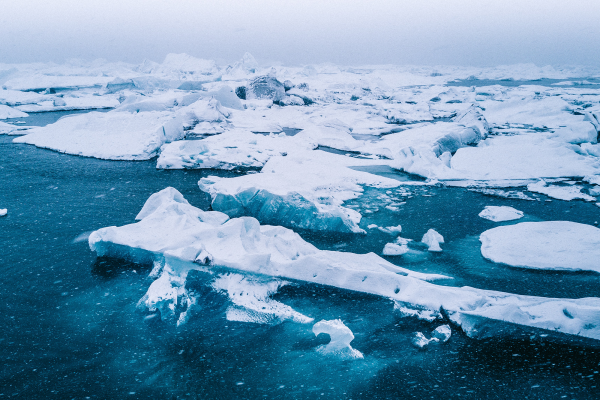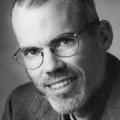SINCE MOST OF AMERICA seems to wake up most days looking for something to be outraged by, I try to keep my indignation in check. Still, the news that members of North America’s Hymn Society had chosen “Holy, Holy, Holy!” as the greatest hymn of all time—beating “Amazing Grace” in an early round by a 70-30 margin—struck me as an affront to all that is good and, well, holy. Sure, who doesn’t like singing a resonant Anglican ode to the tenets of trinitarian theology? But up against “Amazing Grace”? C’mon, now.
I’m actually a little used to this kind of hymnal-based resentment, because some years ago denominations began actually removing one of my great favorites, “Once to Every Man and Nation.” As the head of the Episcopalian hymnal committee put it, James Russell Lowell’s great poem, written at the height of the crisis over slavery, was unorthodox because “its basic premise denies the fact that God repeatedly forgives his people and gives them more than one opportunity to amend their lives.”
I lack the theological firepower to argue the point, but I take comfort from the fact that it was one of Martin Luther King Jr.’s favorite hymns, and that he quoted from it in speech after speech. And I think it’s especially resonant now, because it captures the actual dimensions of the great crisis we currently face, the rapidly disappearing chance to slow the heating of the earth God gave us. “Once to every man and nation / comes the moment to decide / In the strife of truth with falsehood / for the good or evil side.” This time last year the Intergovernmental Panel on Climate Change said that unless we cut carbon emissions by half by 2030, our chances of meeting even the most modest climate targets agreed to at Paris were slim to none. And I think anyone who thinks about the speed at which civilizations move will agree that the space between now and 2030 qualifies, in political time, as “once.” We either make our move or we don’t.
We have a good idea what that move looks like: The Green New Deal, for instance, lays out a practical path to building renewable energy at high speed, refurbishing buildings, pushing hard to make trains and transit workable again. Given the rapid falls in the price of solar and wind power, it’s achievable if we go all out.
But we won’t get a second chance. If we wait until, say, 2030 to get started, we’ll keep passing hideous tipping points, ones we have no way of retreating from. There’s not a plan for refreezing the Arctic once it melts.
So I’m with Lowell, and with Dr. King. We face a time-limited choice, and if we skip it “the choice goes by forever / ’twixt the darkness and the light.” Choose boldly!

Got something to say about what you're reading? We value your feedback!







